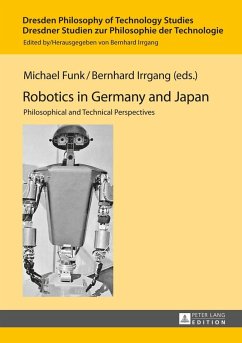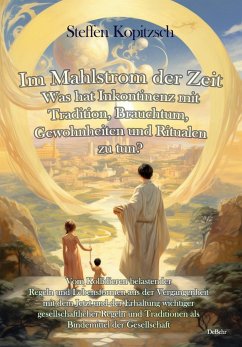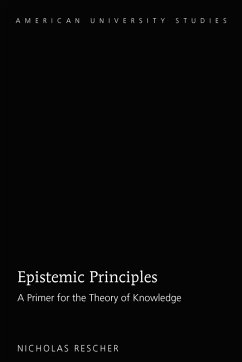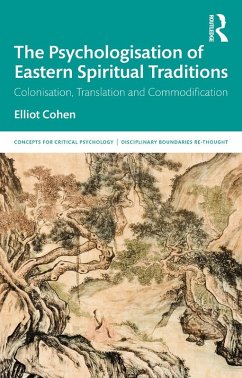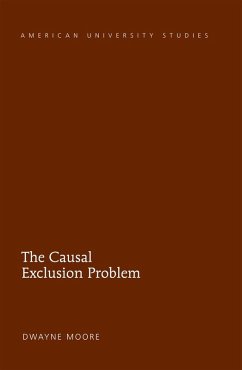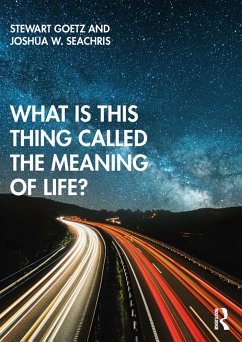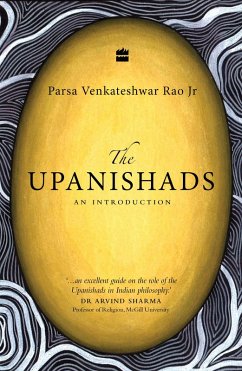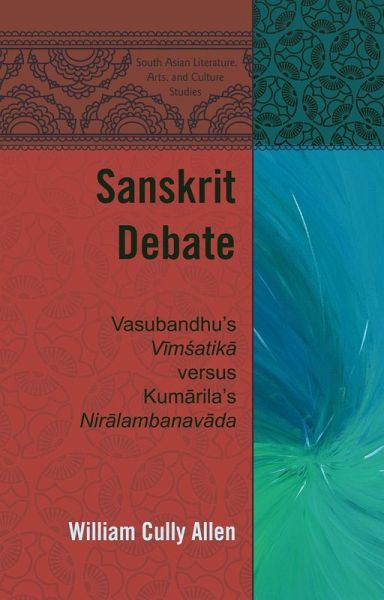
Sanskrit Debate (eBook, ePUB)
Vasubandhu's "e;Vimsatika"e; versus Kumarila's "e;Niralambanavada"e;
Versandkostenfrei!
Sofort per Download lieferbar
Statt: 84,35 €**
51,95 €
inkl. MwSt.
**Preis der gedruckten Ausgabe (Gebundenes Buch)
Alle Infos zum eBook verschenkenWeitere Ausgaben:

PAYBACK Punkte
26 °P sammeln!
Sanskrit Debate: Vasubandhu's 'Vimsatika' versus Kumarila's 'Niralambanavada' illustrates the rules and regulations of classical Indian debate literature (pramanasastra) by introducing new translations of two Sanskrit texts composed in antithesis to each other's tradition of thought and practice. In the third century CE, Vasubandhu, a Buddhist philosopher-monk, proposed that the entire world of lived experience is a matter of mind only through his Vimsatika (Twenty Verses). In the seventh century CE, Kumarila, a Hindu philosopher-priest, composed Niralambanavada (Non-Sensory Limit Debate) to e...
Sanskrit Debate: Vasubandhu's 'Vimsatika' versus Kumarila's 'Niralambanavada' illustrates the rules and regulations of classical Indian debate literature (pramanasastra) by introducing new translations of two Sanskrit texts composed in antithesis to each other's tradition of thought and practice. In the third century CE, Vasubandhu, a Buddhist philosopher-monk, proposed that the entire world of lived experience is a matter of mind only through his Vimsatika (Twenty Verses). In the seventh century CE, Kumarila, a Hindu philosopher-priest, composed Niralambanavada (Non-Sensory Limit Debate) to establish the objective reality of objects by refuting Vasubandhu's claim that objects experienced in waking life are not different from objects experienced in dreams. Kumarila rigorously employs formal rules and regulations of Indian logic and debate to demonstrate that Vasubandhu's assertion is totally irrational and incoherent.
Vimsatika ranks among the world's most misunderstood texts but Kumarila's historic refutation allows Vimsatika to be read in its own text-historical context. This compelling, radically revolutionary re-reading of Vimsatika delineates a hermeneutic of humor indispensable to discerning its medicinal message. In Vimsatika, Vasubandhu employs the form of professional Sanskrit logic and debate as a guise and a ruse to ridicule the entire enterprise of Indian philosophy. Vasubandhu critiques all Indian theories of epistemology and ontology and claims that both how we know and what we know are acts of the imagination.
Vimsatika ranks among the world's most misunderstood texts but Kumarila's historic refutation allows Vimsatika to be read in its own text-historical context. This compelling, radically revolutionary re-reading of Vimsatika delineates a hermeneutic of humor indispensable to discerning its medicinal message. In Vimsatika, Vasubandhu employs the form of professional Sanskrit logic and debate as a guise and a ruse to ridicule the entire enterprise of Indian philosophy. Vasubandhu critiques all Indian theories of epistemology and ontology and claims that both how we know and what we know are acts of the imagination.
Dieser Download kann aus rechtlichen Gründen nur mit Rechnungsadresse in A, B, BG, CY, CZ, D, DK, EW, E, FIN, F, GR, HR, H, IRL, I, LT, L, LR, M, NL, PL, P, R, S, SLO, SK ausgeliefert werden.




